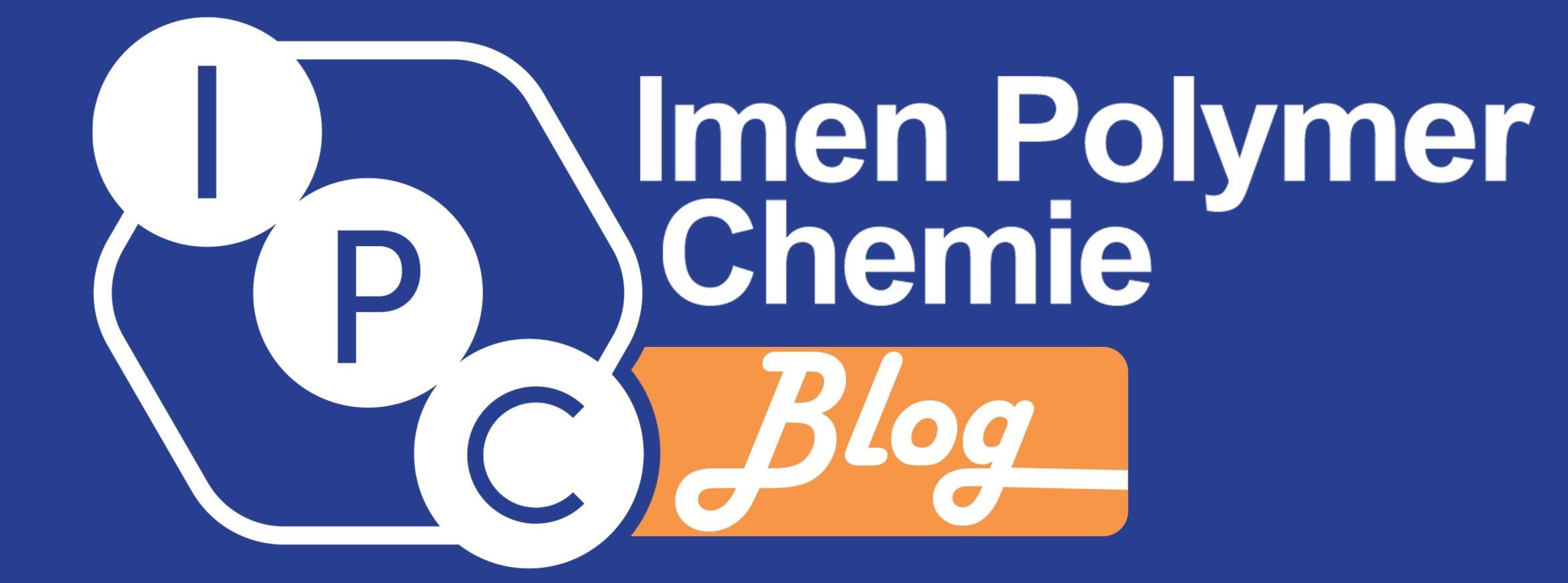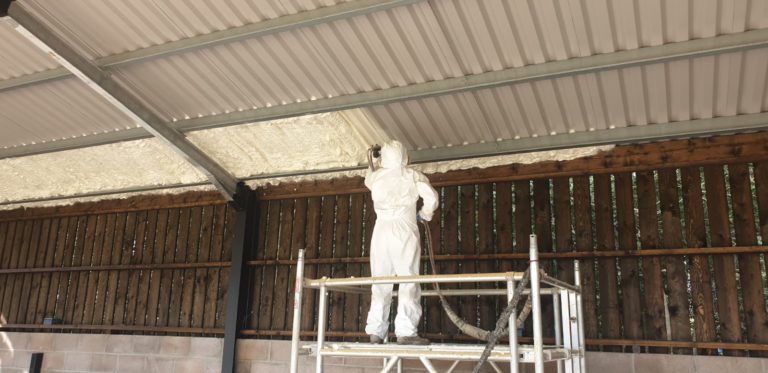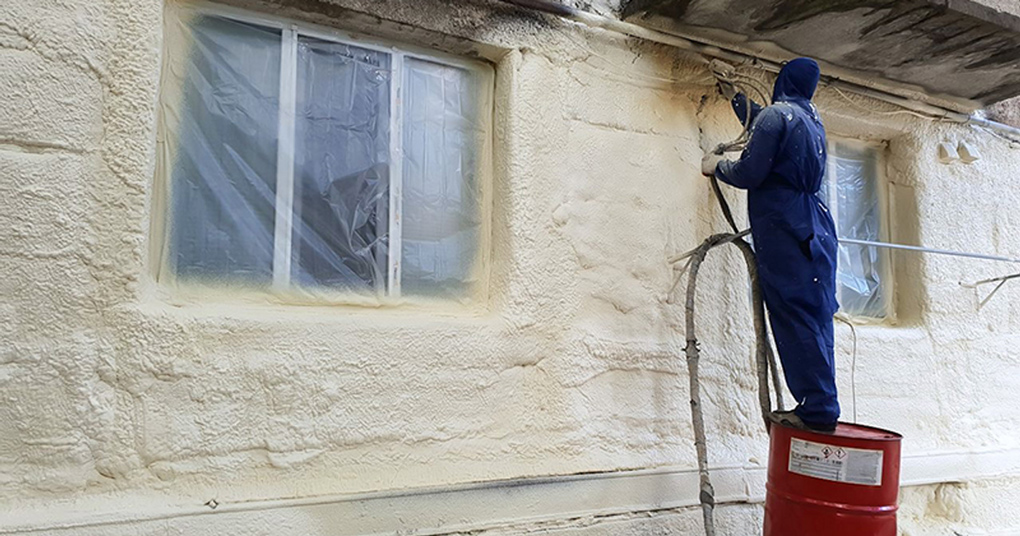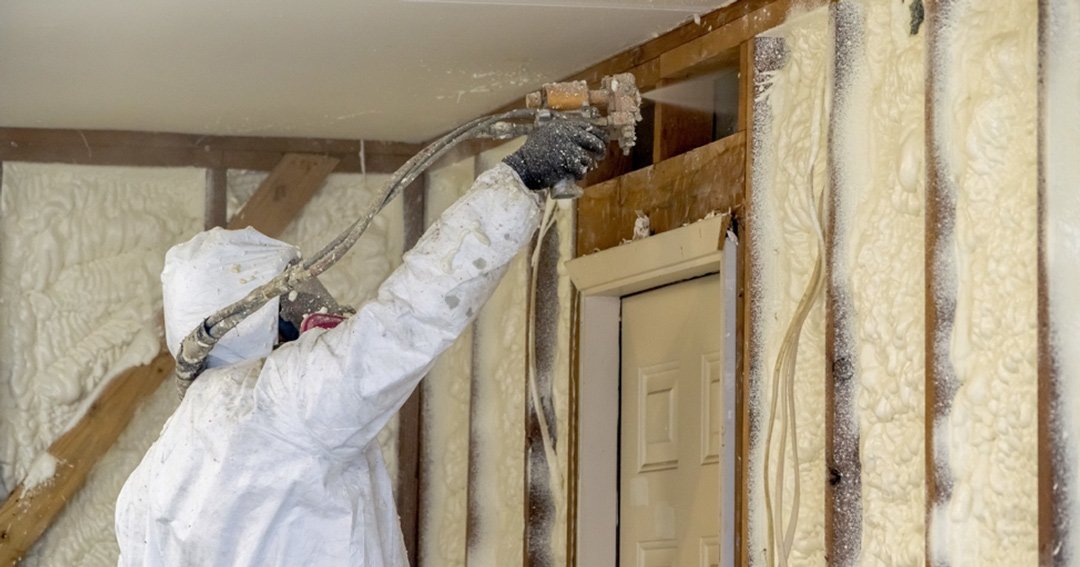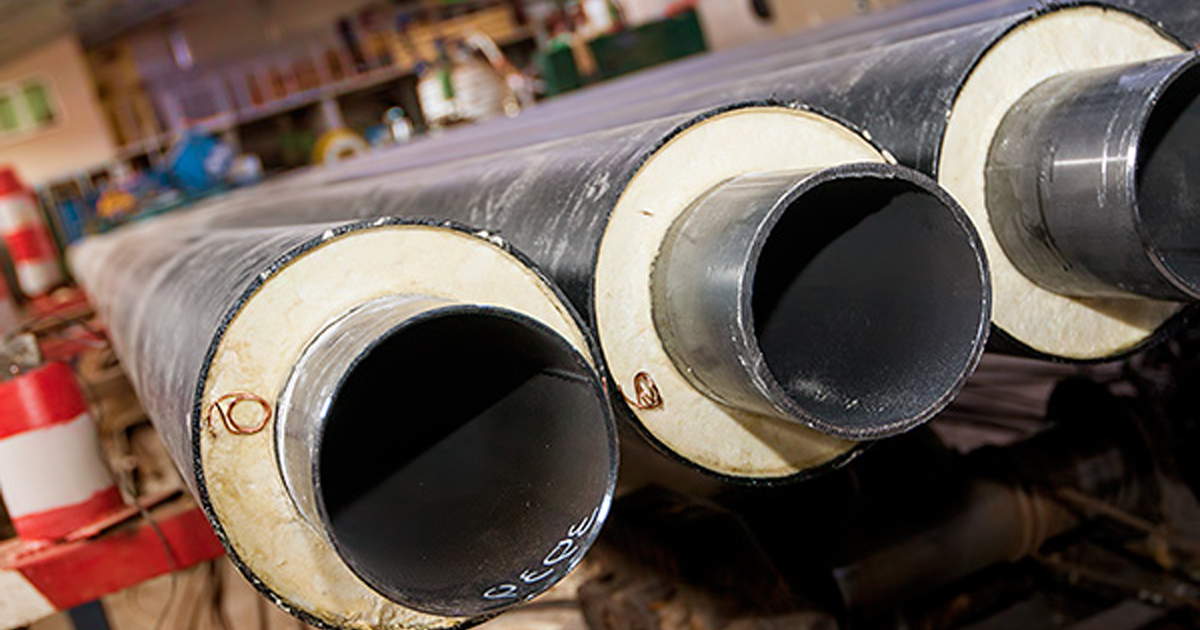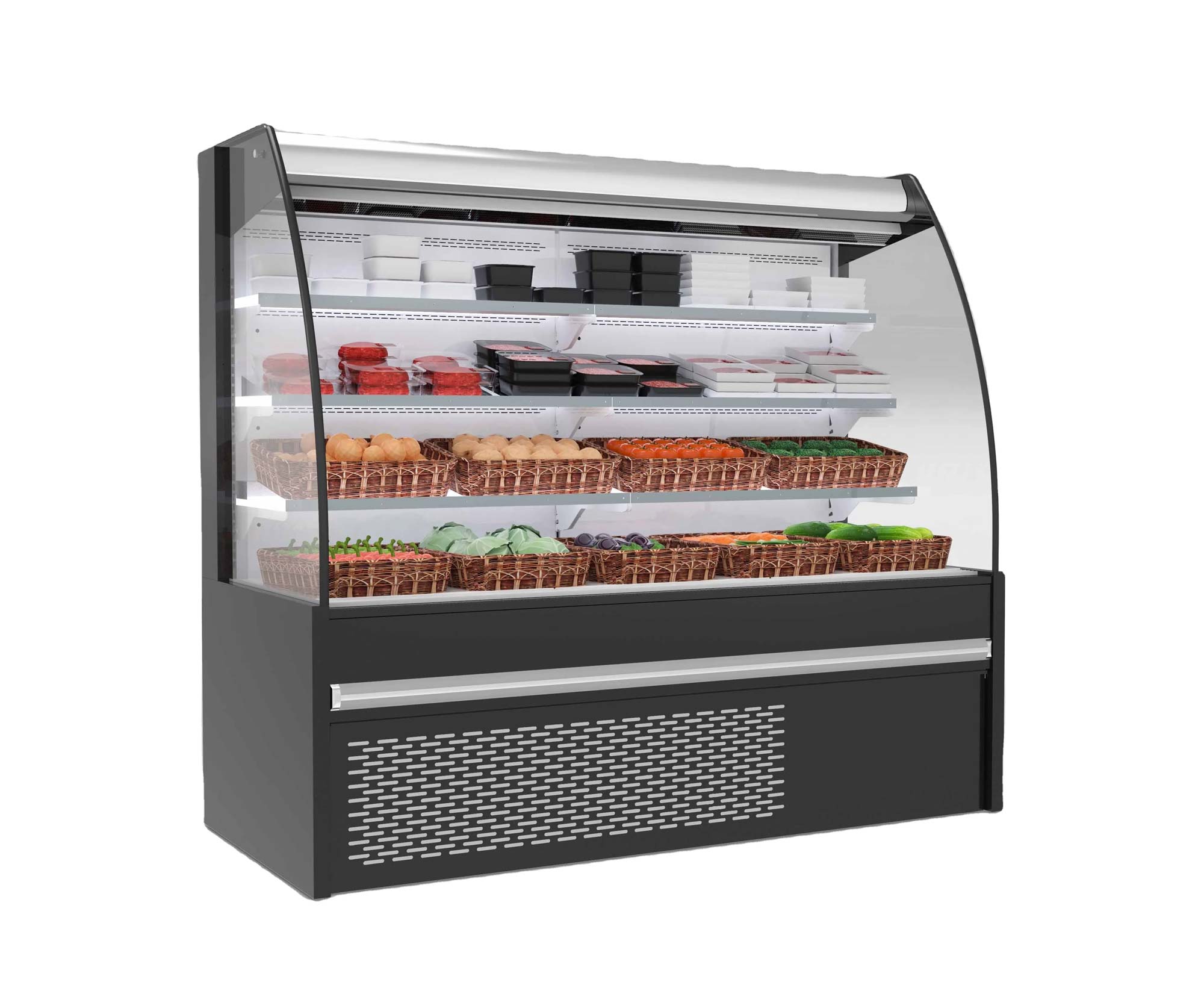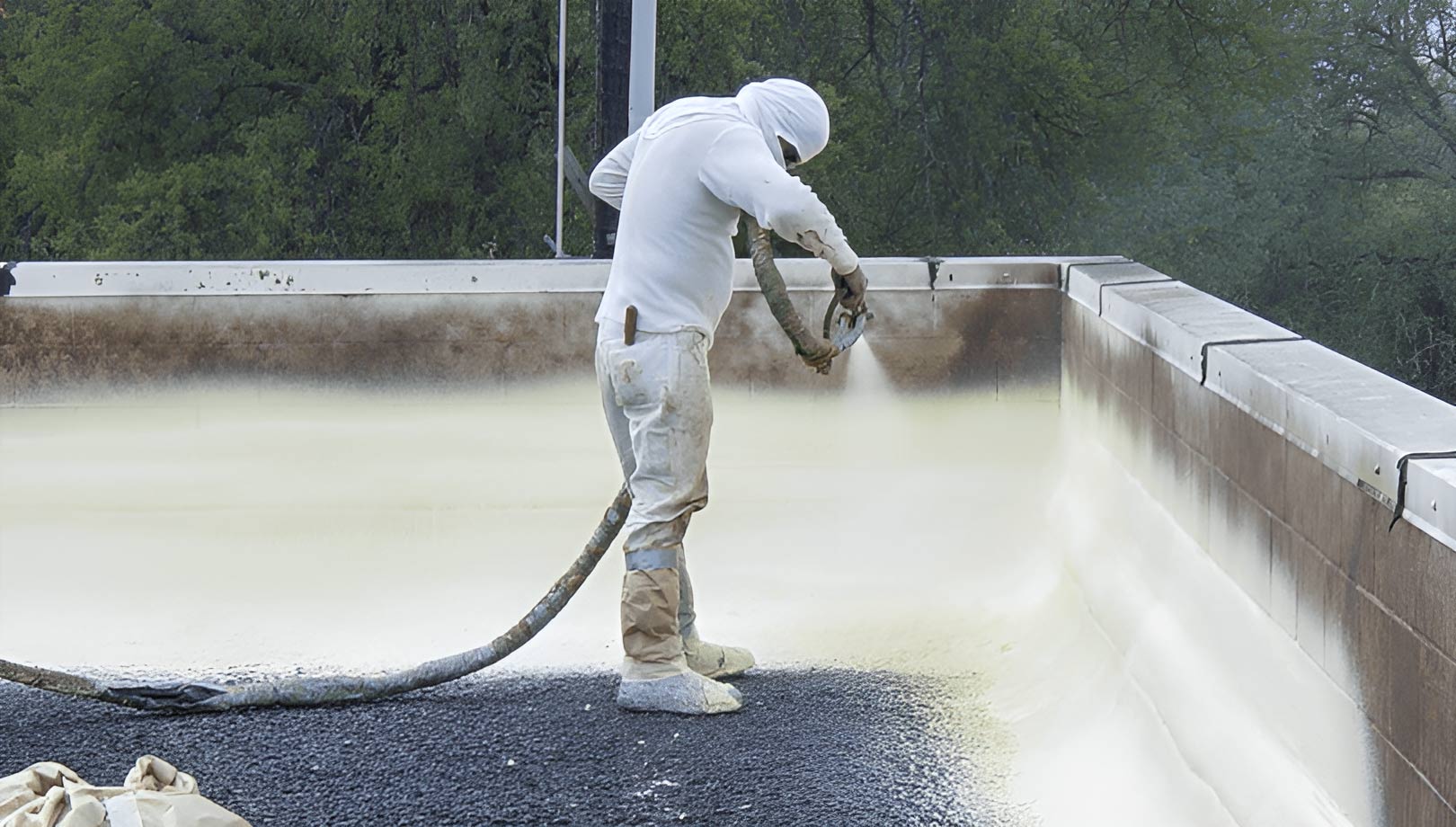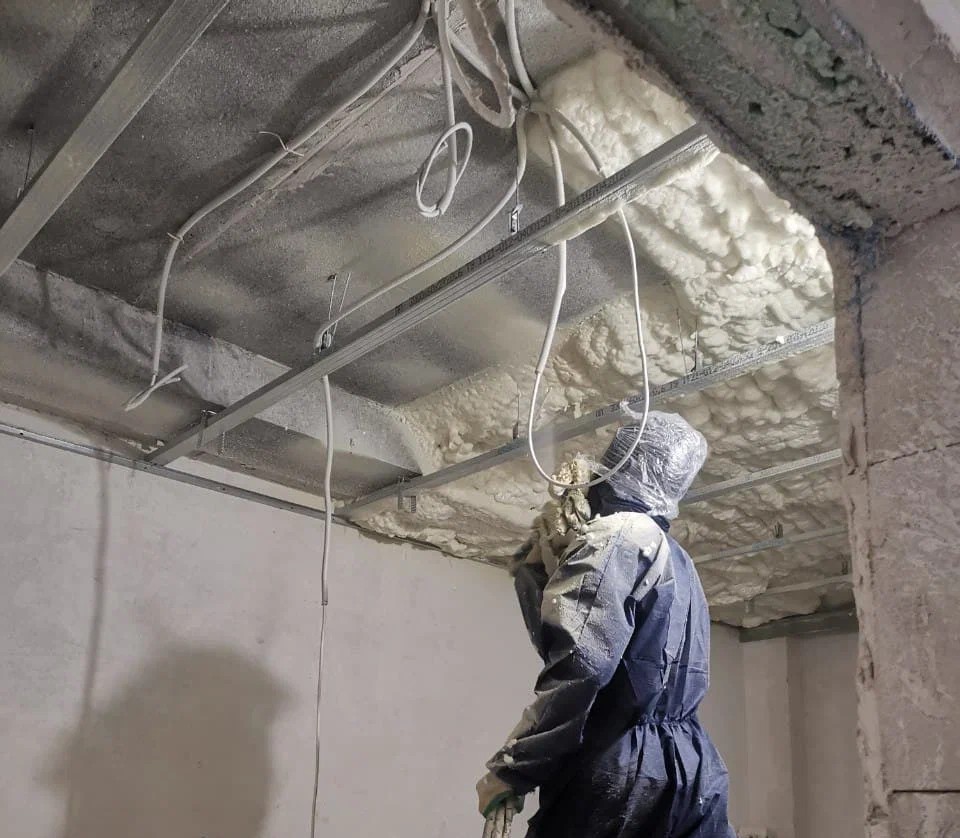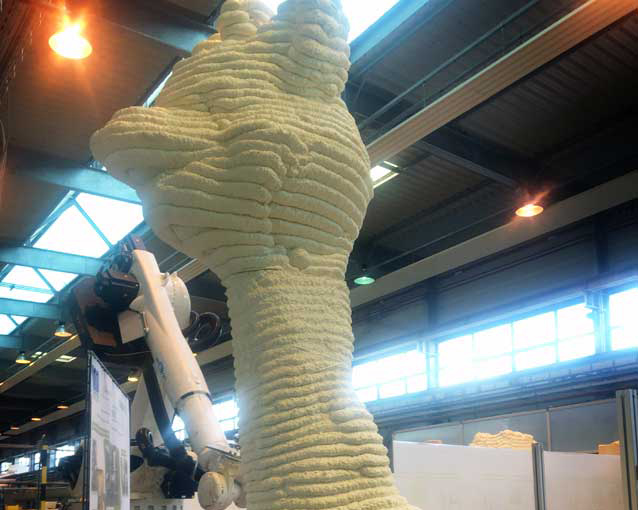Table of contents
Farm buildings and warehouses are built according to rules and standards which facilitate food or grain storage. They are often exposed to fluctuations in moisture levels and water-vapor condensation. Most often, this problem affects buildings with metal roofs. This has a negative impact on animals if the building is used for animal breeding or storing food products. This indicates the importance of barn insulation.
In the following paper we will talk about agricultural barns insulation with polyurethane spray foam.
Before you get started adding chicken coop or barn insulation, you need to make sure the space is clear of rodents and other pests. Also, if the building is not well insulated, the food sprouts and rots faster. As you may know, there a couple of choices for insulating livestock buildings.
Insulation options for livestock houses
Since there are insulation options, we are going to explain each material here.
- Foam board for insulation
Foam board is a rigid panel of insulation that is made of either polystyrene, polyisocyanurate, or polyurethane. The boards are offered in a variety of thicknesses, lengths, and facings so it can be customized to fit the project you’re using it for. It means that, you would cut the boards to perfectly fit in the wall cavity, floor joists, and ceiling.
- Fiberglass as an insulant
Fiberglass insulation is made up of extremely fine glass fibers. For use in a chicken coop or barn, the fiberglass batt or roll would be the best fit compared to blown-in or loose-fill fiberglass. Much like foam boards, the fiberglass batts will need to be cut to fit into the walls and ceiling, and if applicable the floor.
It might be tempting, but fiberglass can’t be crammed into the cavities. If this is done, then you’ll be left with pockets where air can move into the coop or barn. Keep in mind though, fiberglass won’t prevent air movement completely.
- Closed cell spray foam for insulation
Closed cell spray foam insulation, also known as thermal insulation spray foam, is a spray-applied plastic that forms a continuous insulation and air seal where it is installed. Closed cell is known for its durability and water resistance. Unlike the other insulation materials, spray foam is the only option that creates an air seal. This air seal will keep your chickens, chicks, horses, or cows warm and dry. In other words, there might be a significant climate change in summer and winter seasons; so, if barns are not insulated well the interior can freeze during a cold winter and heat up to too-high a temperature during summer. Poultries can withstand some limited changes in temperature, but they do not want to be carried in such conditions.
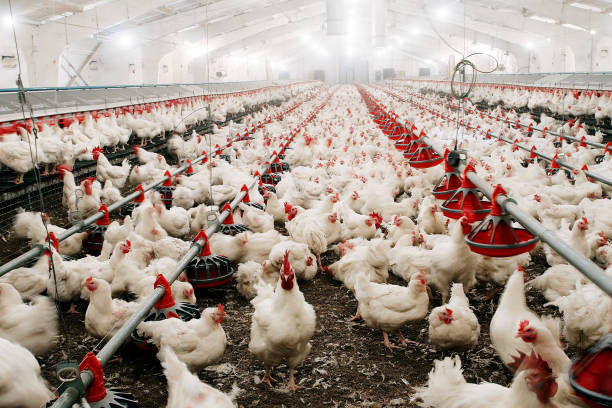
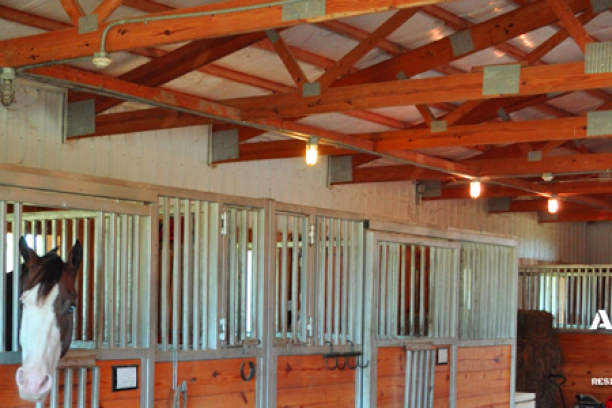
Moreover, the lack of the proper insulation also often leads to invasion by rodents, which destroy the environment, and, above all, food products. It is then worth considering a solution which will discourage them from settling in farm buildings.
The foam insulation is sprayed directly onto the interior walls and roof of the structure. This method of insulating buildings is far simpler and more cost effective than traditional insulating methods. It doesn’t need refilling or replacement as often as other insulation types like fiberglass or loose fill. This makes spray foam insulation a better option than other materials.
Role of polyurethane spray foam in livestock industry
Polyurethane foam (PUF) insulations have been used in agriculture since the 1990s. Due to its tightness and durability, this material is ideal for the spray insulation of farm and industrial buildings. This PUF has a great mechanical resistance and adheres firmly to the ground; additionally, strengthens the building structure (up to 400%). In other words, it can be applied on any surface without the need for substrate treatment.
After sales service
For price inquiries and purchasing liquid polyurethane for polyurethane foam production, please contact Imen Polymer Chemie Company.
This thermal-insulation material is resistant to mould and fungi formation, and its harmful effects, which is particularly important in the agricultural and industrial sectors. It also affects the gas barrier of the insulation.
The insulation of farm buildings noticeably improves their energy efficiency — among others, it eliminates thermal bridges, through which most heat escapes. They improve the quality of ventilation, and protect against corrosion and condensation on the structure.
It can be stated that with suitable insulating livestock barns mortality rates and at the same time heating bills can be deduced considerably.
To sum up, Polyurethane spray foam is one of the most efficient and readily available forms of insulation for agricultural and livestock buildings around the world. It sticks very well to most surfaces including metal, wood, and asbestos type materials. In fact, it creates a seal for all cracks and leaks in your house, assisting to maintain the conditioned air, while saving you money on energy costs. It is also widely used in the construction industry for its superior insulating properties. For more information feel free to contact us.
Exporter of High-Quality Polyurethane Worldwide
Imin Polymer chemie is a leading manufacturer of liquid polyurethane in Iran, with years of experience in the industry. The company has earned a strong reputation for producing high-quality polyurethane products, which are widely used in various sectors such as insulation, construction, and manufacturing. Imin Polymer chemie’s liquid polyurethane is highly valued for its durability, versatility, and efficiency. The company exports its products to countries around the world, contributing to global industries with reliable and advanced solutions. For purchasing and price inquiries for polyurethane used in the production of polyurethane spray foam, please contact us at 982157325 .
